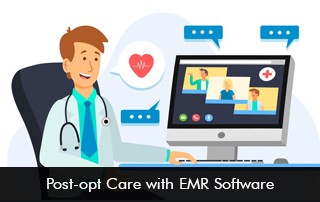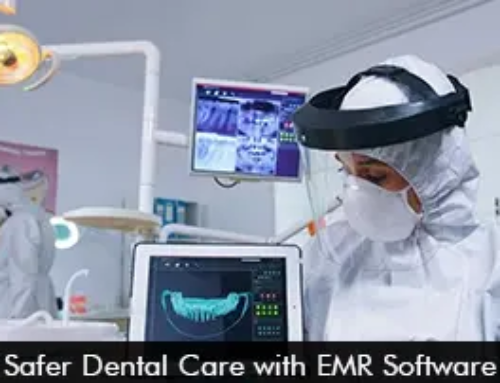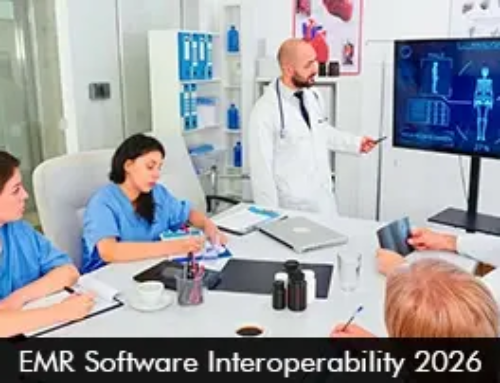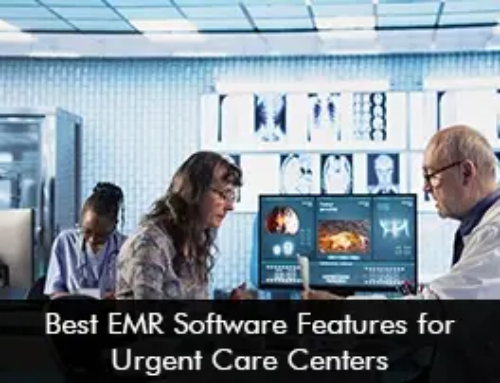Post-operative care is a vital part of a patient’s healing process, ensuring that any issues are kept to a minimum and recovery goes as planned. The Centers for Disease Control and Prevention (CDC) highlights that proper post-operative care is key to stopping infections, reducing patients having to return to the hospital, and improving their overall health results. Electronic Medical Records (EMR) Software is a game-changer in improving care after surgery, giving healthcare providers the right tools they need to keep an eye on and take care of patients effectively.
The Importance of Post-Operative Care
According to the CDC, complications after surgery—things like infections and blood clots—can stretch out a hospital stay and drive up medical bills. But when patients are closely watched and stick to their follow-up plans, these risks go down, making them safer and helping them heal better. If there isn’t a good system in place for care after surgery, patients might run into problems that could have been prevented, ultimately affecting how well they feel and recover.
How EMR Software Enhances Post-Operative Care
Remote Patient Monitoring
Electronic Medical Record (EMR) Software makes it possible to keep tabs on patients from afar, a process known as remote patient monitoring (RPM). Thanks to this technology, doctors and nurses can stay up-to-date on their patients’ vitals, whether they’re taking their medicine as prescribed, and how their wounds are healing – all in real-time. By connecting wearable gadgets and at-home monitoring equipment to EMR systems, medical professionals can spot potential problems early on and step in before they get worse.
Automated Follow-Up Reminders
When patients skip their follow-up appointments, it can set back their recovery. However, with EHR software, scheduling those appointments and sending out reminders to both patients and healthcare providers is automated. This ensures that post-surgery check-ups happen on time, allowing doctors to check in on how a patient’s healing is going and make any needed tweaks to their treatment plan.
Effective Medication Management
It’s important to stick to medication schedule after an operation, both to keep pain in check and to stop any infections from popping up. The Electronic Health Records (EHR) Software is a big help here. It lets providers prescribe medicines, keep track of what the patient is taking, and even send reminders. This cuts down on mistakes and bad reactions between different drugs.
Picking the Right EMR Software for Post-Operative Care
Choosing the best Electronic Medical Records Software is vital for top-notch post-operative care in the United States. The perfect EMR system needs to have a wide range of features that cover the whole surgical process, from pre-operative evaluations to intra-operative notes and post-operative check-ins. Essential features to search for are customizable templates designed for surgical workflows, seamless connection with medical equipment for up-to-the-minute patient monitoring, and strong tools for managing post-operative care can boost health outcomes after surgery.








